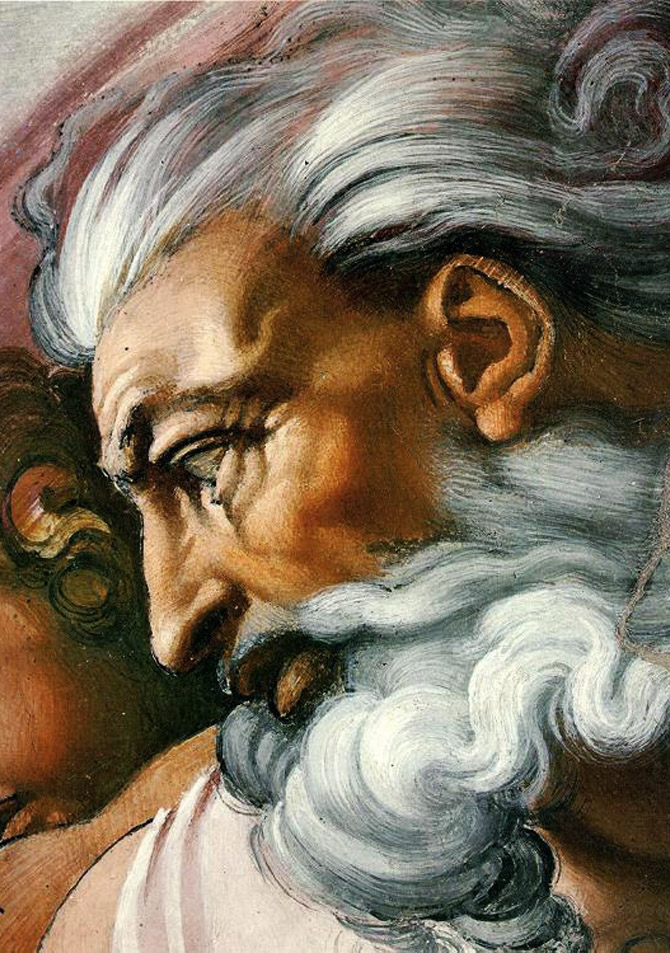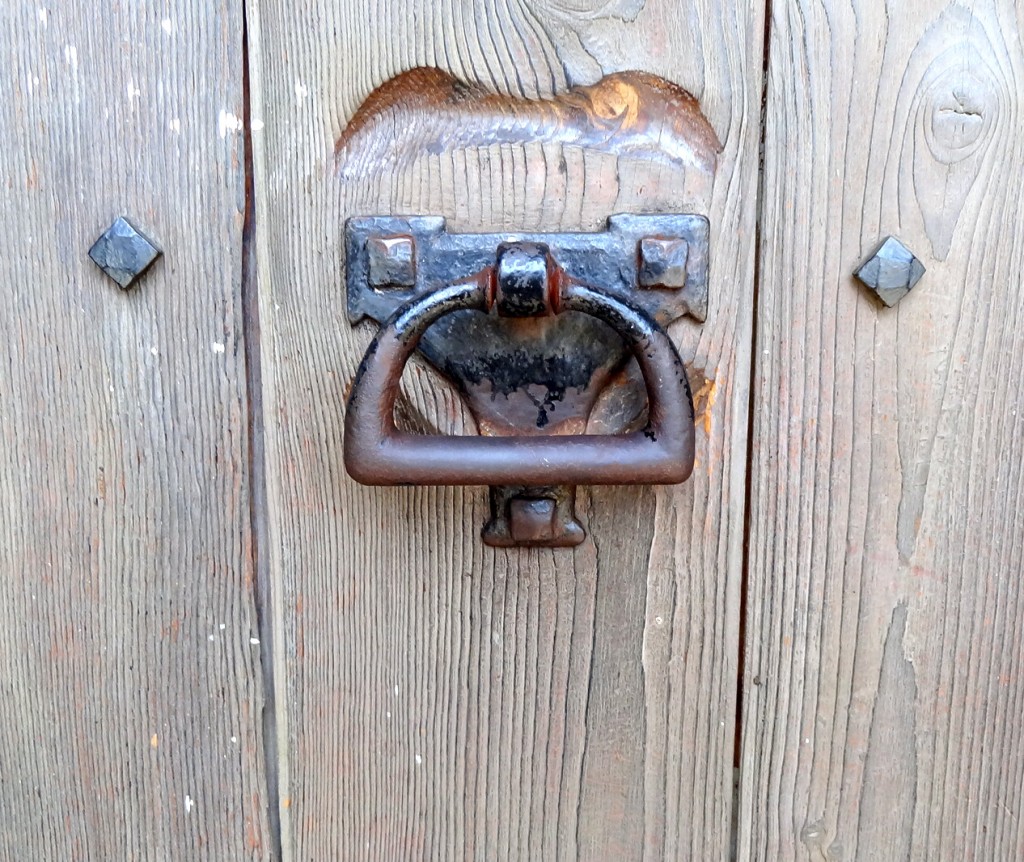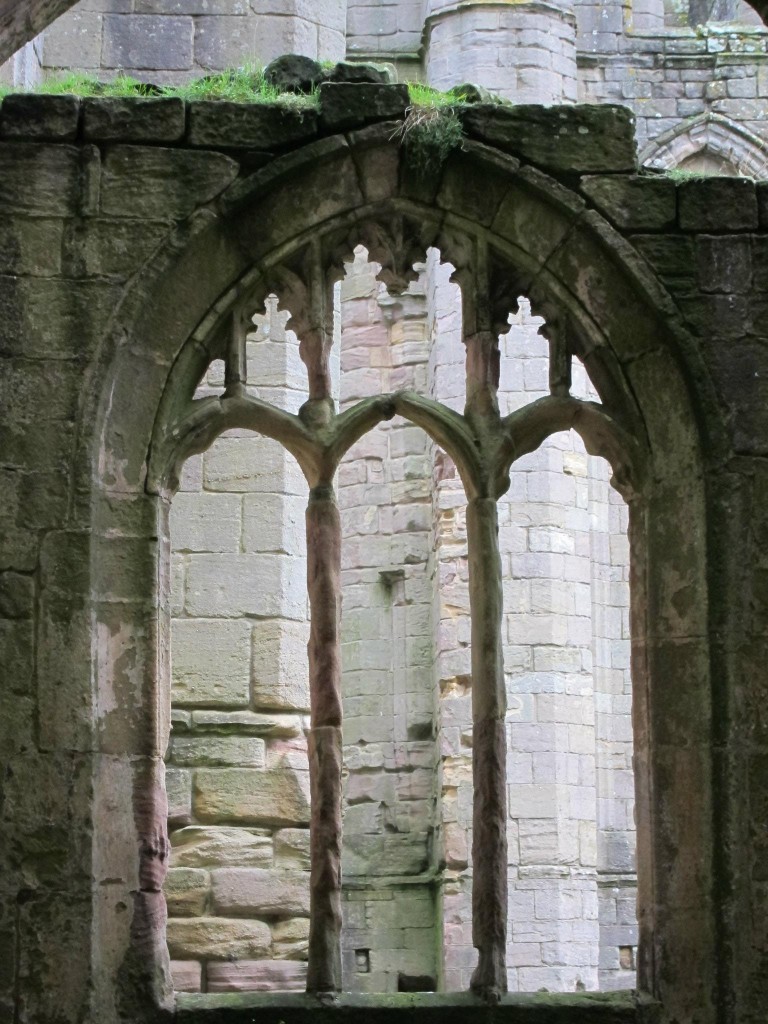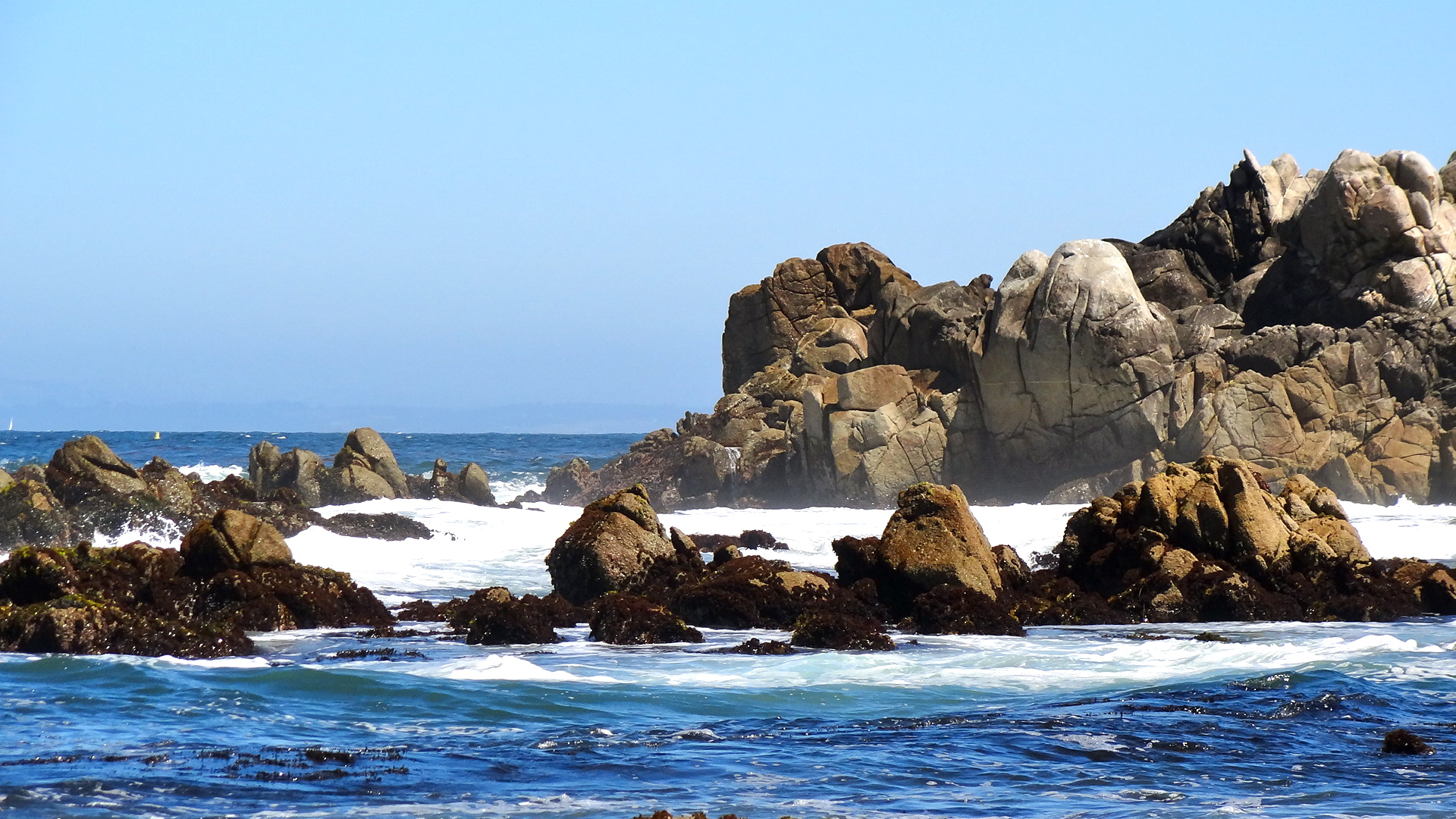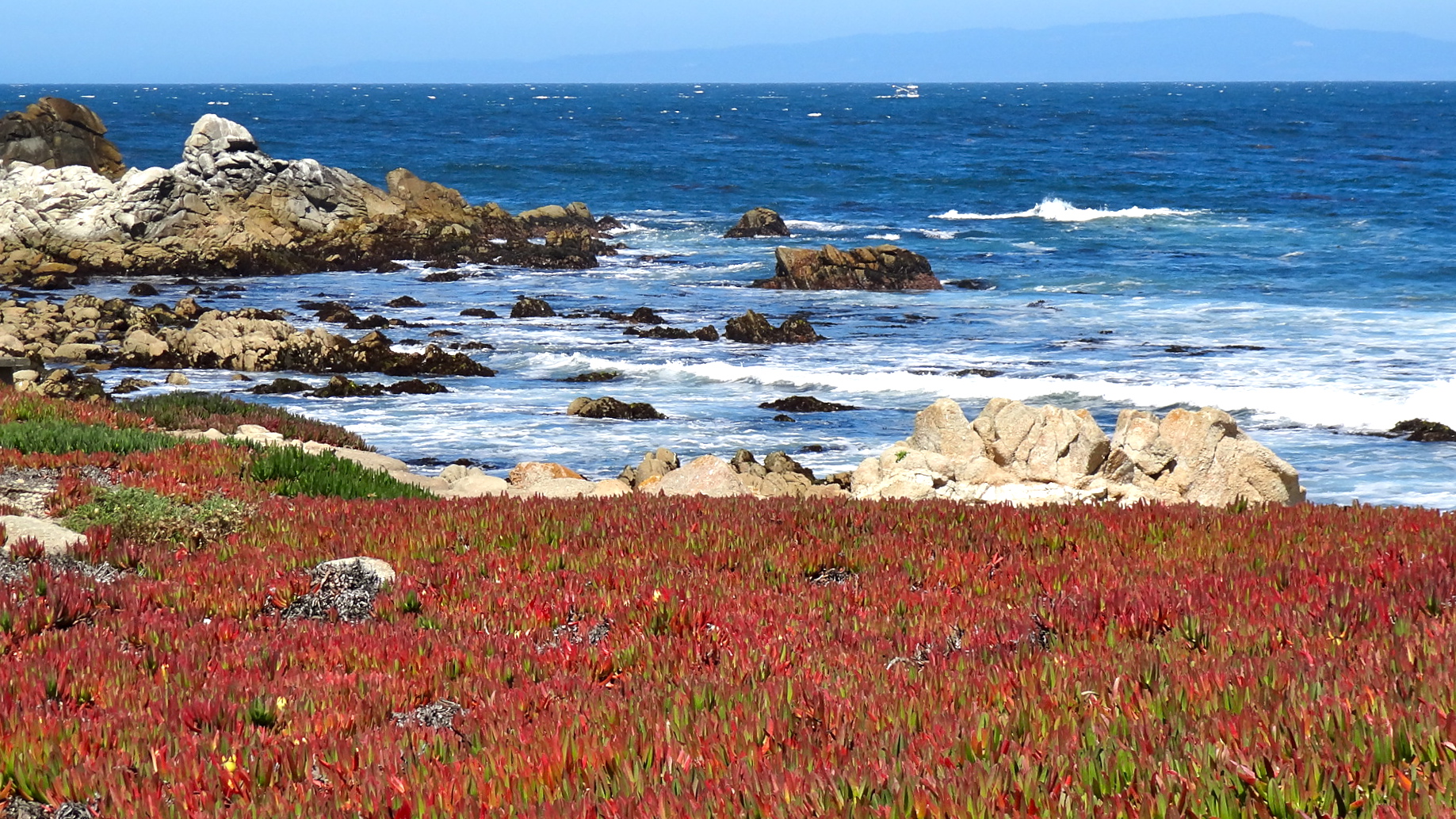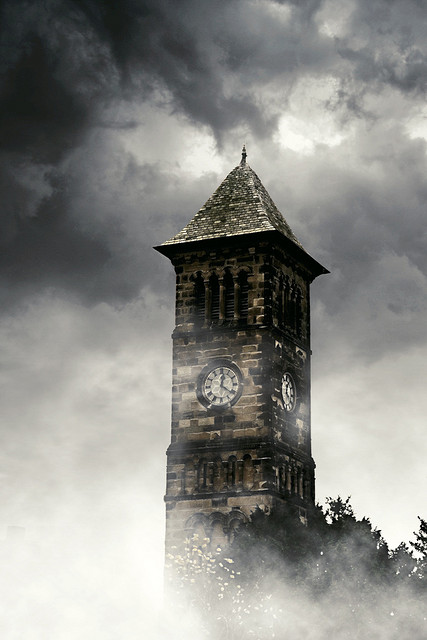Many of us find it difficult to believe that God could look at us and smile. ~James Bryan Smith
The topic was God’s grace.
Yet I had to force a smile, and wave away puzzled concern as I sprinted from the conference center for the safety of my car. Somewhere between there and home I pulled over and parked. I couldn’t see to drive.
A life-time of unspent tears flowed from somewhere deep in my stoic Scandinavian frame. An hour and a kleenex box later I wasn’t done, but others would worry. I stumbled into the house, mumbled something about a headache, and stared wet-eyed at the dark ceiling until sleep finally came.
The next morning, alone with my coffee and confusion, I took stock. In that compassion-saturated auditorium I had let down my guard. The grace of God collided with my well-crafted self-image, and I saw it–the ugliest, most hated part of me.
Favored Sins
You probably have one too. A favored sin, deep-rooted and tightly wound, it reaches into the fabric and fibre of your identity. I didn’t know the name of mine until recently. It has a Latin name, Invidia, one of the 7 Deadly Sins. In modern times we call it Envy, and shrug it off. But, with eyes cleared by honest confession, I had seen myself twisted in its grip.
Worse, I knew that God had seen it too.
The next day I opened the book I had purchased between seminars, Embracing the Love of God,* by James Bryan Smith. By the end of chapter two I recognized my wound. Shame–an ancient emotion reaching back to Eden’s shrubbery, and a hissing voice, “Whatever you do, don’t let God see you now.”
But God had seen me, and his response left me undone. Not repelled, He drew closer. And under the inviting gaze of Jesus, I could admit the truth. I am both precious and perverse. And I am loved.
Grace
“Grace,” assures Dr. Smith, “heals our shame not by trying to find something good and lovely within us that is worth loving, but by looking at us as we are; the good and the bad, the lovely and the unlovely, and simply accepting us. God accepts us with the promise that we will never be unacceptable to him.”
(Romans 5:8 Romans 15:7 1 John 4:10)
*One in series on this blog, Fifteen Books That Found Me.
Is it difficult to believe God’s acceptance runs that deep? Do you know it to be true for you?
